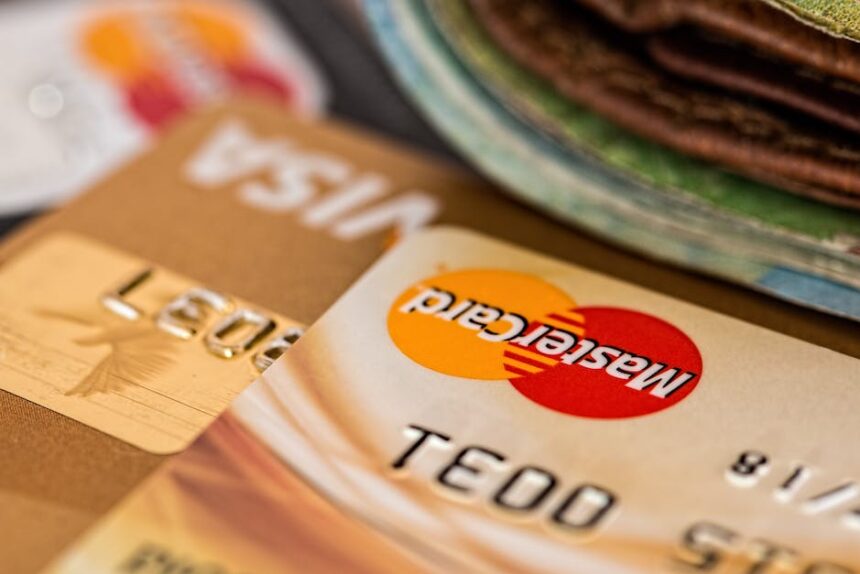Introduction to Credit Repair
Credit repair is a process of improving credit worthiness, or the ability to obtain credit and other financial services. This is done by identifying and correcting errors on a person’s credit report. It can help people with a poor credit rating to get back on better financial footing.
How Credit Repair Works
In a nutshell, credit repair involves correcting errors and challenging questionable entries on your credit report. This is done by disputing the inaccurate information with each of the three major credit bureaus: Experian, Equifax, and TransUnion. When these errors are found, a letter is sent to the bureau with proof of the mistake or dispute. The credit reporting companies must then investigate and respond to the dispute within 30 days of receiving notice. It can take up to 45 days for the bureau to make the correction.
Benefits of Credit Repair
The most immediate benefit of credit repair is correcting any errors on your credit report. This can lead to an increased credit score, enabling you to be approved for loans and credit cards at lower interest rates. A higher credit score may also help your chances of being approved for a job, apartment, or even insurance.
Credit repair can also help prevent future credit problems. Once a mistake has been corrected, it is much less likely to reappear on your credit report. Additionally, having accurate information on your credit report will help you make more informed decisions about how to manage your finances.
Conclusion
Credit repair can be a powerful tool in improving your financial standing. By correcting mistakes and improving your credit score, you can open up more opportunities and reduce the risks associated with debt. To get the most out of your credit repair process, it’s important to carefully review your credit report and to work with a reputable credit repair service. Doing so will help you to become more financially secure and to make more strategic decisions about how to manage your money.

